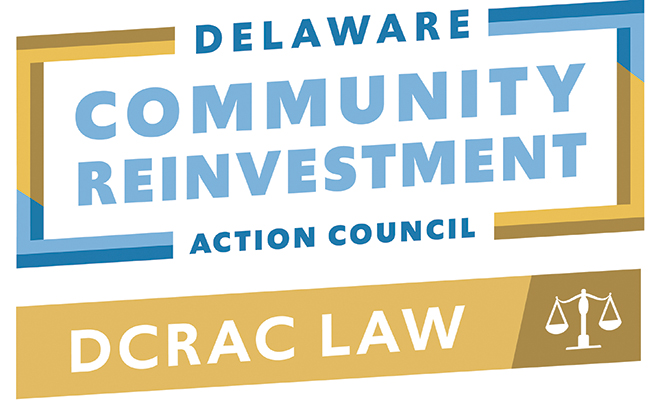It’s Time For An Advance Health Care Directive
 By Jaclyn Quinn, Esq.
By Jaclyn Quinn, Esq.
Deputy Director at DCRAC
If you ever had a medical procedure that required some type of sedation, you were most likely given a form in your pile of paperwork to sign that asked for an emergency contact and a basic question: “Do not resuscitate – yes or no.” Now, if only you had your Advance Directive ready, you would have been able to give it to your nurse for your records, leaving one less stress to worry over.
Is a Living Will the same as a Medical Power Of Attorney?
No, they are related, but have separate functions. You may have heard someone mention a Living Will and Medical Power of Attorney. The Advance Health Care Directive (AHCD) combines both of those items into one document. While the Living Will covers your wishes for treatment at end-of-life, the Medical Power of Attorney is the portion of the form where you appoint an agent (and a backup or two) to act on your behalf when it comes to heath care. This is not to be confused with the Durable Power of Attorney, which is an agent you appoint to perform financial functions when you are unable.
Do I really need an AHDC?
Yes! Decisions regarding the AHCD should not be taken lightly, and it is best to sit down and talk through your decisions with an attorney or health care professional. It is also a good idea to work on this planning when you are not in crisis, as sometimes the situation dictates decisions that may otherwise be considered differently. However, it is urgently important to have this document in place if undergoing treatment or facing health difficulties, and you have not yet completed any planning.
Who should I choose as my health care agent?
Choosing a health care agent is just as important as the end-of-life decision making. Your agent should be someone you trust, and one who will be ready and available if needed to step in. You should also consider alternate agents and you could choose to have them act subsequently, jointly, or concurrently and independently. It is advisable to talk to a prospective agent to make sure they are willing to accept this responsibility. The agent can assume duties on your behalf such as consenting to treatment, hiring and firing providers, checking you in and out of a facility, making appointments, and more. As you can imagine, these functions are extremely important if you are unable to handle them alone.
What does the AHCD do?
The end-of-life decisions portion of the AHCD is where you indicate to your medical providers and agent how you wish to proceed with care. This “Living Will” portion comes into effect when you are unable to; communicate, comprehend the situation, and make health care decisions for yourself. Serious end-of-life diagnoses such as persistent vegetative state, terminal condition that will cause your death in the near future, and serious illness or frailty are triggers for your provider to seek your wishes from your AHCD. When you are planning this document, you may have decided to leave the final decisions to your agent. In this case, it is highly advisable to have conversations with your agent to ensure they know your final health care wishes. This gives them the guidance to make the best decision for you.
There are also options to choose from should you want your agent to have more direction from you. One such option is the choice of “I wish to be treated to prolong life” and treatments such as CPR, transfusions, antibiotics, nutrition, ventilator, and surgery would continue if deemed medically appropriate unless you specifically exclude them.
Lastly, you could decide “Do not prolong my life” and you may include select treatments such as CPR, antibiotics, etc., if you wish. The AHCD allows you to opt-in or -out of pain relief or “comfort care.”
Final thoughts
The Advance Health Care Directive is not something to put off until a rainy day comes. It is an important document for health and personal reasons and should be available in the event you need it. For more information or to schedule a consultation, DCRAC Law is available to ensure your needs are met. Contact Jaclyn Quinn, Esq. at [email protected] or 302-298-3251. DCRAC Law is a nonprofit law firm serving Delaware from New Castle to Sussex. visit us on the web at dcrac.org


